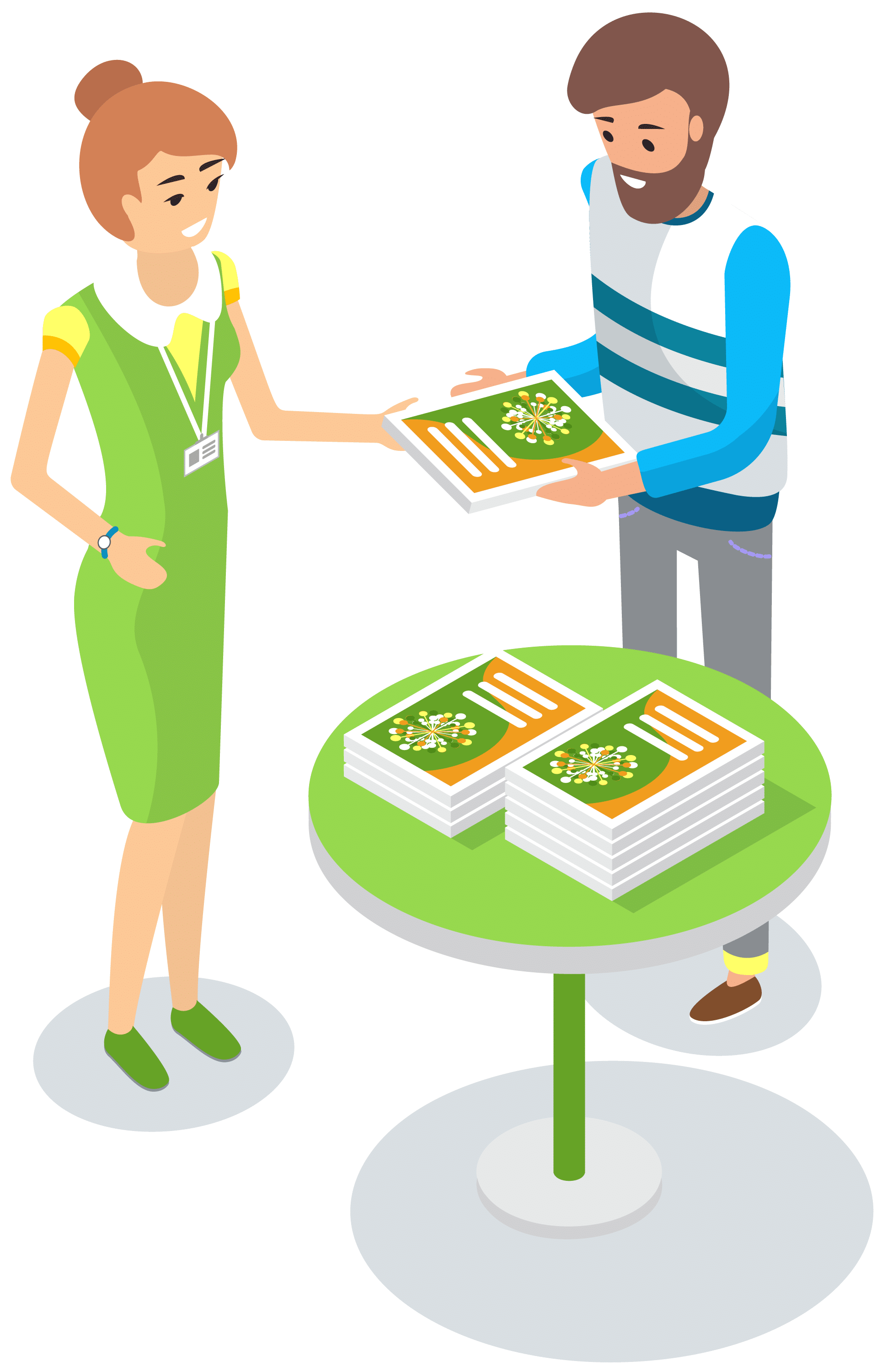Quality qualitative research is only as effective as the knowledge gained from the moderator of your interview. This is why hiring the right moderator crucial. This article will explain the different kinds of factors you need to consider when selecting an interview or moderator for a group. Make sure to inquire whether you’d like Vocal Views to manage moderation or full-service managing your research.
A moderator* for market research is a person who conducts focus groups, in-depth interviews, online bulletin boards, and other types of qualitative research (e.g. ethnographies). They are responsible for facilitating a pleasant discussion, managing the varying groups, enticing participants to take part in meaningful conversations and making sure that the clients’ goals are met through a productive exchange. Research moderating is a delicate act that requires a specific set of skills that are not available to all researchers to work with in the toolkit.
What should you look for in a moderator?
Your moderator must…
Be a People’s person. These words are frequently used, however in the context of moderating research, this quality is crucial. It is crucial that your moderator for your research an interest in people, is able to interact with them in a comfortable manner and be able to show an understanding throughout the debate.
Be aware of the subject and be aware of the people who will be participating for the purpose of being able to conduct a debate effectively and get the most out of the time of your audience, it’s essential that your moderator is being properly educated on what research topic(s) that are being debated. It is also essential to know the audience, to be aware of differences in culture, language and general norms while discussing the subject. It ensures that the conversation runs seamlessly and maximizes the chances to gain insight. Knowing the basics of the guide to research discussion is a good beginning point.
Create new topics for conversation, while keeping the objectives of clients in the top of your list. A major objective of your research moderator is to test notions and to introduce new ideas and ideas. They must also know the right time to request participants to think further or the moment when thinking about something that isn’t necessary or insignificant. This could be the most effective illustration of how moderation can be an act of balance. Moderators must encourage discussions while keeping the goals of the client in mind and not taking too much from the intended direction.
Ask the appropriate questions, but take care not to become too adamant, It’s a great illustration of how moderation can be an act of balance. It is the responsibility of the moderator to inquire and prompt participants to investigate further when it is necessary and relevant, but this must take place in a manner that is natural and impartial. Participants should not feel that they were compelled to form opinions or conclusions due to suggestions offered by the moderator.
Flexibility and flexibility during conversations and interviews may not go according to plan and, almost always, that the discussion doesn’t happen as expected. There are always surprises that can be found, especially with the dynamics in group discussion, and not forgetting the random elements that are related to issues of technology and schedules. Therefore, it is essential that your moderator is able to adjust to changes in time and direction without becoming overwhelmed.
Ability to present pertinent findings in a succinct presentation for the end-client as they are the one closest to the discussions being held by participants, and possessing an in-depth comprehension of the objectives of the client, Moderators of research have the most extensive knowledge about relevant topics and findings. The moderator should have the ability to write down the information they’ve received, either in writing or verbally, and draw attention to the most pertinent issues and research findings in accordance with the research goals. Any suggestions on the ways in which future discussions or research can be improved could be extremely helpful.
* It is important to remember that the terminology used to describe moderators’ role can vary little from one country to the next and in the US Moderators is a qualitative market researcher whose job is to conduct groups of interviews as well as group discussion. In the UK, moderators are commonly called qualitative researchers and can have a wider range of tasks, such as the design of research and analysis of research findings.







